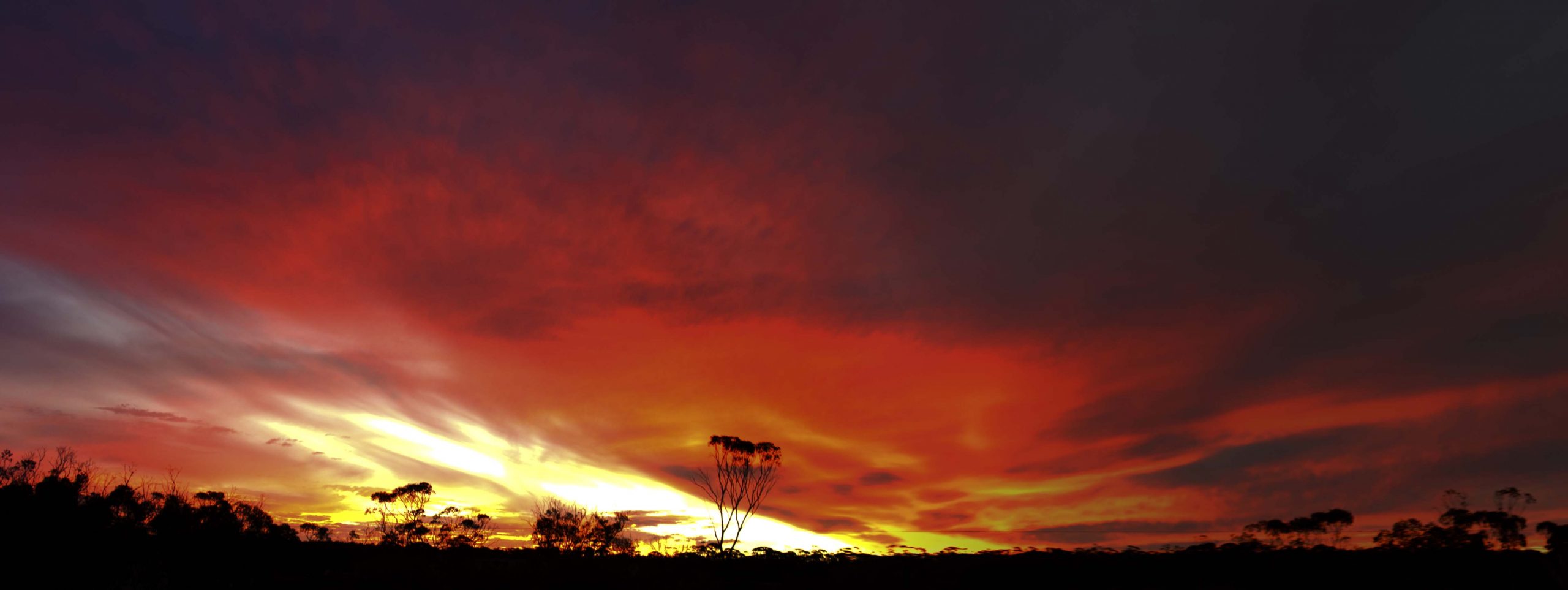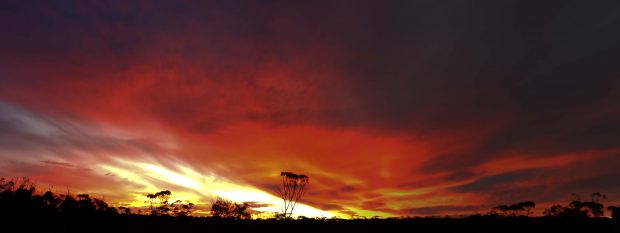
New Writing for the Real Australia
Nic Low

Last week I mentioned the State Library of Victoria’s archives relating to Australian literary magazines. I’ve since learned that their existence is well-known among literary scholars, and several studies of individual magazines have drawn on the material. But I think the original point stands: it’d be valuable to look at that body of rejected work collectively, as an expression of Australia’s literary unconscious. A week of fruitful conversations with various editors and archival staff means we’ve come up with a method for analysing what’s there. More on that in a moment, but for now, the manifesto I mentioned last week.
New Writing for the Real Australia: A Manifesto is the catchy title, and while we don’t have clearance to reproduce it yet in full (we’re still verifying its precise age and hence whether it’s out of copyright), but I can safely quote a few passages under fair use provisions. Interestingly, I’ve now found two largely identical copies in two separate boxes, suggesting its authors hawked it around. The first was in the Meanjin pile from 1946, the other from Quadrant in 1956. Here’s the preamble:
“What should I write about?” is the question every writer brings to the page. The question is personal, and personal is the answer, yet its significance is national. The answer creates our literature, which in turn forges our nation’s soul.“What should our nation write about, and where should our soul come from?” is the real question we ask when we sit down to work. But if Australia’s writers spoke their secret answer aloud as one, the shout ringing through the streets would be: “Elsewhere!”
Make no mistake: elsewhere is a ruin. Its heart has been bombed. Its spirit lies tracked by tanks. The great cities of Britain and Europe are laid waste. Reality has dynamited the literature of modern abstraction. All experimentations, all fabricated tales, all adventures and romances ring false in the face of such an absolute truth.
To pursue Europe’s cosmopolitanism is to purse [sic] ashes. To aspire to their Bohemianism is to invite their war. Our cities ever were second-rate copies of theirs, and theirs are gone, and their literature was vile: in aping them, we create a second-rate copy of a vile literature that even now rots in the streets. This, when a thousand years of Bohemian life will not produce a story worth one day spent living on the land.
And so, dear writer, when you sit at your desk and ask yourself “what should I write about, and where should my style come from?” your answer is clear: exactly where you are.
Exactly where you are. But where, exactly, is that? If the manifesto was written in the 40s, a pretty small percentage of Australians actually lived outside of cities. Yet here’s the first prescription:
Ours is the literature of the outstations and the bush, for that is Australia’s beating heart. Ours is the literature born of this ancient and hostile land. Nowhere else on earth boasts red dirt and harsh sun, drought and struggle, and the men who turn wilderness into home. The empty land and sky and gums are ours, and we must write them as they are. Reality makes one demand of the writer, and that is realism. When you put pen to paper choose the honest and plain language of plain and honest folk.
One recurring feature is the writer’s habit of reversing terms in consecutive phrases (“the question is personal, and personal is the answer”; “the honest, plain language of plain and honest folk”). There’s a page in this lyrical vein. But then, this little detail showing a sense of how things might progress:
We acknowledge that life evolves, and so too must literature evolve, and so, because life after war takes us from the bush, we must take the bush with us when we go. Plant the bush in cities and towns through the seed of your words. Seek out those settings best suited to its mood. Write of combing our lonely beaches, or weekends spent camping among towering gums, or walking in the park at dusk. Have your characters sit indoors gazing out, or reminiscing about natural scenes from childhood or long ago. Anywhere you find a pensive and longing air, where figures stand in silhouette against the continent’s indifferent face, there you will find the literature you seek.
Standing in the archives reading that for the first time, I was struck by how much I’ve absorbed some of these ideas, despite growing up in a city and primarly seeking to write about urban life; and despite how weird these prescriptions look when spelled out. In my first collection of short fiction, I’ve set a story in the bush in a remote outback town in Western Australia (‘Scar’), another on a remote island (‘Octopus’), two in mountainous wilderness (New Zealand’s equivalent of the outback), and one on a lonely beach (‘How Much Courage’). I’ve definitely opted for plain and simple language, and have my fair share of pensive and longing airs.
I’ve started to look for these traits in the work of my friends, and further afield, and though the manifesto was never published, whoever wrote it seems to have been pretty well on the money. That becomes even more apparent in the next section, an exhaustive list of stylistic dos and don’ts for the prospective writer. I’m in the process of transcribing this section, and I’ll post up a bunch of recommendations shortly, alongside some musings on who might have written the manifesto – it’s simply signed ‘Emu and Dingo’.
We’ve also hit on a way to digitise the wider archive and analyse those decades’ worth of rejected material. If you’re a writer who’s ever been knocked back from a magazine (who hasn’t?) then, beyond the subjective judgement of the individual editor, we’re hoping to get insight into big-picture trends of what never made it into print. Stay tuned.